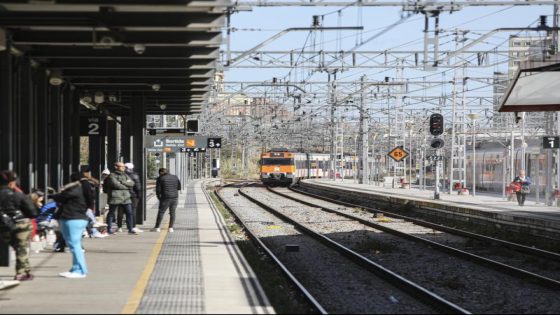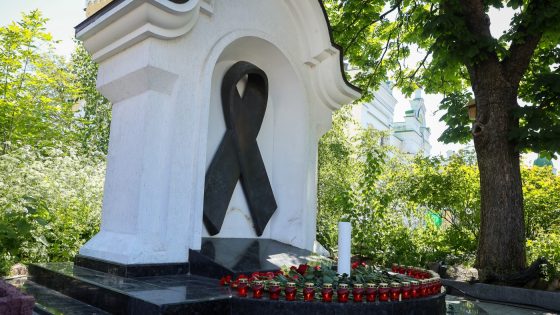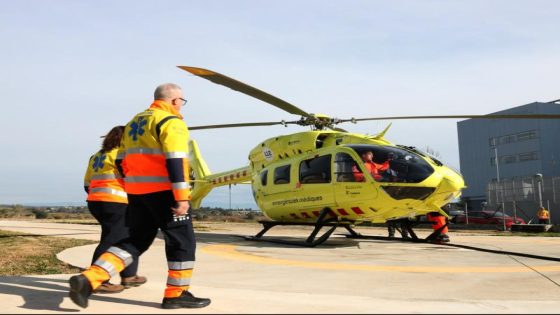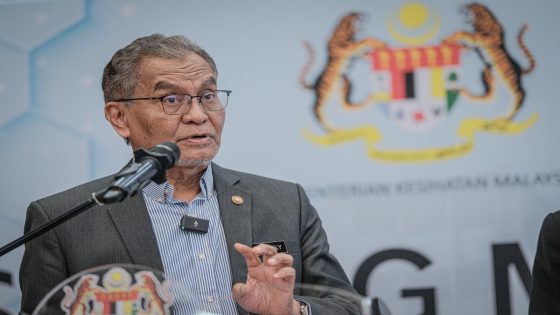On February 17, 2025, the Generalitat and the Spanish government will hold a crucial meeting focused on infrastructure, particularly Rodalies services. This marks the first bilateral infrastructure commission in nearly two years, aiming to address key issues like the transfer of Rodalies operations and improvements to the N-II highway. Will these discussions lead to significant advancements in transportation for Catalonia?
- Bilateral meeting on infrastructure scheduled for Monday.
- Focus on Rodalies railway service transfer.
- N-II future and new link construction discussed.
- Fiber optic expansion collaboration with Spain requested.
- Airport expansion deemed essential for competitiveness.
- Positive atmosphere expected for negotiations.
Key Infrastructure Meeting to Address Rodalies and N-II Developments
What can we expect from this pivotal infrastructure meeting? The discussions will center on the mixed company responsible for Rodalies train services, the transfer of the R1 line, and improvements to the N-II highway. These developments are essential for enhancing transportation in Catalonia and ensuring better connectivity for residents.
Focus on Rodalies and Fiber Optic Expansion in Catalonia
The meeting will also delve into the future of the N-II highway and the rollout of fiber optic networks along state roads. With a proposed investment of 120 million euros, the N-II improvements aim to enhance traffic flow and promote sustainable mobility. Additionally, the Generalitat seeks collaboration from the Spanish government to expand fiber optic connectivity across Catalonia, targeting a goal of 100% municipal coverage by the end of the legislative term.
Rodalies Transfer: A Complex Journey Ahead
The transfer of Rodalies services involves intricate legal and operational challenges. Initially, the R1 line will be transferred, with Adif managing it temporarily before Ifercat takes over. This phased approach aims to streamline operations while addressing legal complexities.
- R1 line transfer is the first step in a broader strategy.
- Adif will manage operations initially to ensure a smooth transition.
- Long-term goal is to have Ifercat fully operational.
- Future lines R2 and R3 will follow after R1.
Enhancing the N-II Highway for Better Connectivity
The N-II highway improvements are designed to alleviate congestion and promote safer travel. The proposed upgrades will include new link constructions and enhancements to existing connections, benefiting multiple municipalities along the route.
- Investment of 120 million euros for upgrades.
- Focus on improving traffic flow and safety.
- Public feedback is encouraged until February 27.
- Project aims to enhance regional economic opportunities.
In conclusion, the upcoming meeting between the Generalitat and the Spanish government is a critical step towards resolving infrastructure challenges in Catalonia. As discussions unfold, the outcomes could significantly impact transportation efficiency and connectivity in the region.































